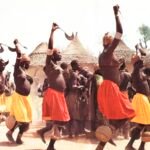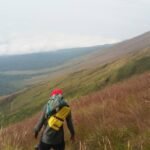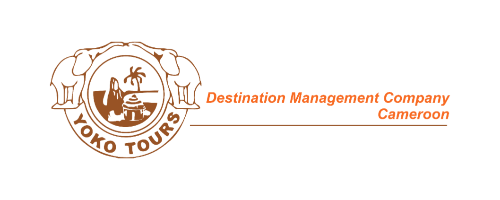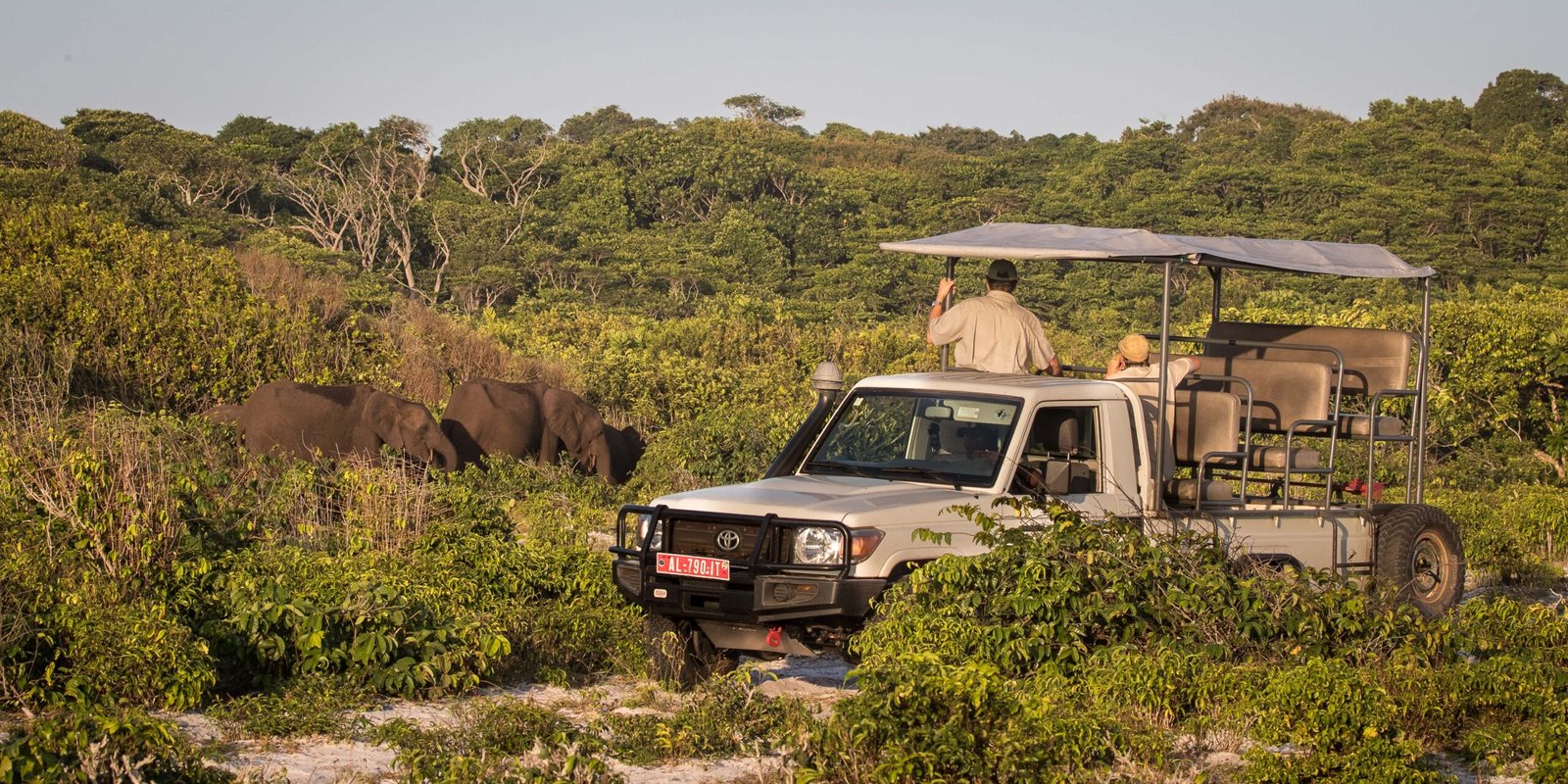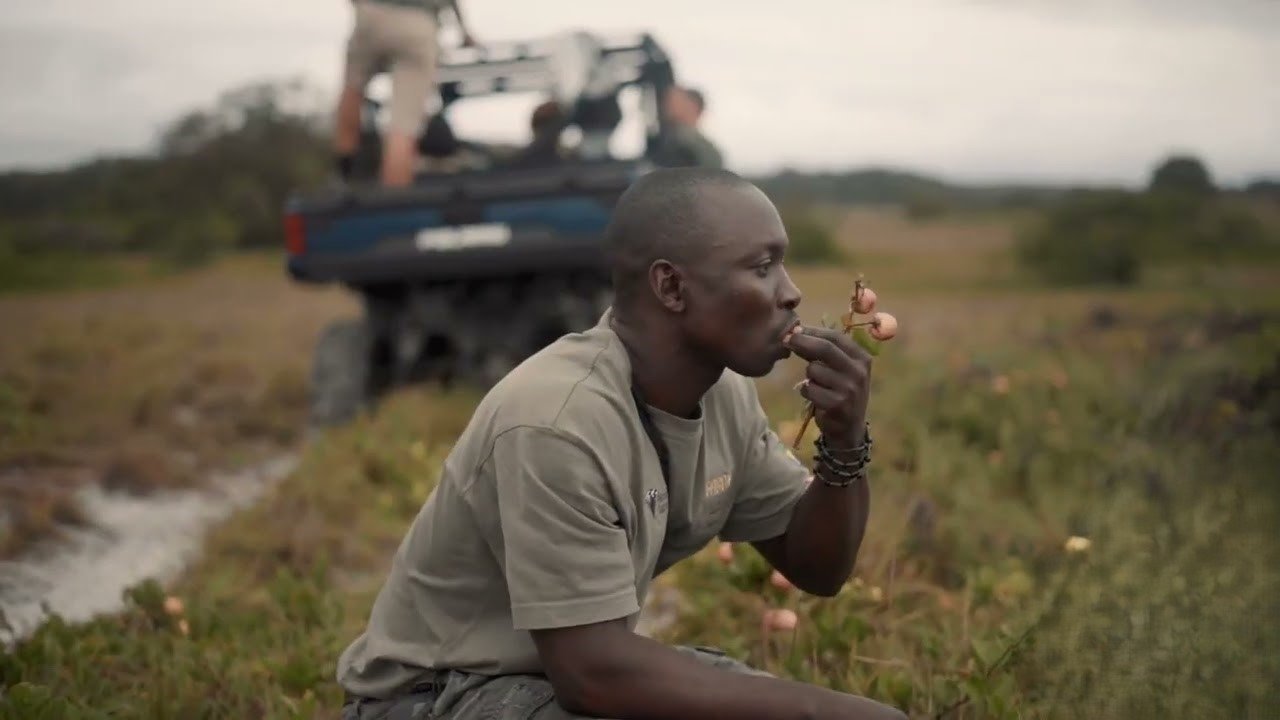DISCOVER GABON
“Welcome To Gabon”
Gabon is located in the Gulf of guinea, in West Central Africa. The country has a surface 267,667 KM2 with an estimate population of around 2,3 million.( UN data for 2022).It is suggested that around 65% of the population lives in the main Cities and towns of Libreville,Port Gentil, Franceville and Oyem with Libreville and surrounding areas having around 1million inhabitants.
Heavy equatorial rain forests cover nearly 85% of Gabon, with savanna areas in the southeastern and southwestern sections of the country covering an additional 10%. The remaining area is composed of bodies of water and developed areas. The Ogooue River, the largest river in West Africa between the Niger and the Congo, drains most of Gabon. Winding in a broad arc from southeastern Gabon to the country’s Atlantic coast, the Ogooue cuts through three major geographical regions: the coastal lowlands, the plateau region, and the mountains.
The coastal lowlands lie along the Atlantic Ocean and extend up into the river valleys that slice through the broad interior plateau. The lowlands are lined with beaches and lagoons that are fringed with mangrove swamps; forests extend from the banks of the broad, slowmoving rivers and cover most of the lowland areas. Inland the terrain rises to a plateau, and in some areas to mountains as high as 5,000 feet. Although dominated by large tracts ofthick forest, the interior of the country offers scenery of great beauty, including mountains,rolling hills, forests, and scattered savannas.
Language
The official language in Gabon is French and is widely spoken. Around 40 Native Languages are used around Gabon with Fang as the mother tongue for around 30% of the population. Very few people in Gabon speaks English, but most hotels and restaurants will have few English-speaking staff available to assist. A basic knowledge of French will take one a long way, however for more complex discussions, the use of a translator is advisable
Religion
About 73% of the total population are Christian, with a majority of the country being Roman Catholic. About 12% are Muslim and about 10% practice traditional indigenous religions exclusively. It is believed that a large number of Christians and Muslims incorporate some elements of traditional religions within their practice. These statistics include noncitizens,which make up about 20% of the total population. Most of the total Muslims are foreigners.
Customs And Culture
The Gabonese people are a friendly, tolerant and non-violent nation. At first, some individuals may come across as reserved, but this is often due to the language barrier and a gesture of friendliness and respect will quickly result in the exchange of pleasantries.
Gabon does not have a long history of tourism and the concept of foreigners visiting their country may still be a new experience for many people in the remote villages. It is very important to respect the customs and traditions and always engage in fair and legal practises when visiting villages. Driving hard bargains in Gabon is not the norm and whilst a moderate number of negotiations are acceptable, excessive price discussions may be seen as offensive in some cases.
The elderly is respected in the villages and each village has a hierargie with the “chef du village” as the ultimate authority. When visiting a village, a quick encounter with the chef du village will go a long way in showing the necessary respect.
Prior to making any donations or gifts to a village or the population, kindly consult your guide about the correct way of doing this.
Photography
Any photographical and video recordings for commercial use in the country and national parks are subject to the approval by the ministry of communication and the parks board. A filming permit is mandatory and can be applied for at the Parks Board.
General photography is permitted and promoted in the parks. When taking photos in the rest of the country, it is always necessary to ask permission prior to photographing people and/or private property.
It is illegal to take photos of any official buildings and or installations, including taking photos at the airport or on the airport apron.
The use of drones is illegal in the National Parks of Gabon.
Climate
Gabon’s climate is equatorial, hot, and very humid. The country experiences a rainy season from October until December and then a second, more intense rainy season from midFebruary until April. The long dry seasons last from end of May until September and the short dry season from December until January. Temperatures are high all year long (usually between 23°C and 26°C), going as low as 18°C (July) and as high as 35°C (April). The country also receives between 2000 and 4000 mm of rainfall annually, with the Northern and North-western parts enjoying the highest rainfall. During the dry season, evenings and early mornings can be chilly and especially early morning boat rides will require a proper windbreaker or jacket.
Shops
Libreville has some large supermarkets, good pharmacies, clothing shops and shops for standard electronic equipment of well-known brands. A large informal trading industry sells a variety of items such as Curios, clothing, electronics, general hardware, stationary and other items of daily use. Outside of the city and in the villages, shops are often confined to selling only basic food items and drinks.
Money
The official currency in Gabon is the Central African CFA Franc, commonly known as the CFA (ISO 4217 code is XAF). Bank notes are available in 500, 1000, 2000, 5000 and 10,000. Coins are still widely in use and it is advisable to keep a few 100 cfa at hand aschange is often problematic.
Automatic Bank teller machines are available in Libreville and Port Gentil and one can draw money with visa and MasterCard at most tellers. The majority of supermarkets, hotels and upmarket restaurants will accept payment by card. Euro is the preferred currency to bring to Gabon and €1 equals to 656 cfa. (rule of thumb is €15 buys 10,000 cfa)All of GWCS properties accepts payments by Card, Euro and US Dollar.
Communication
Gabon has a well-developed mobile network with Airtel Gabon as the market leader. Cities such as Libreville and Port Gentil has 4G available with fairly decent connections; in the country side it may be less efficient. Sims cards can be purchased at the airport kiosk, but Airtel shops and kiosks are widely available in the cities. A sim card cost around €1 and 3Gigs of data will cost around €10. (Remember to convert your airtime to data – *137# for balance enquiry and *111# to purchase data).
Some international carriers have roaming agreements with Airtel Gabon.
Most of Loango National Park has network, except for Akaka where we are using a GSM repeater for basic communication. At N’Dola there is network, but we also have wireless internet in the restaurant area available. At Pongara Lodge, wireless is also available in the restaurant area and some areas around the lodge has reasonable 3G network. The international dialling code for Gabon is +241
Health
Gabonese authorities require all visitors to present a valid yellow fever vaccination certificate upon arrival. You should discuss additional vaccinations with your travel clinic,but Hepatitis A, B, and Typhoid vaccinations are often recommended, but not compulsory.
Medical services are limited to Libreville and to a lesser extend to Port Gentil and minor ailments and dentary issues can be treated in Libreville and Port Gentil. Libreville does have a good hospital where more serious emergencies can be treated or stabilized but it is advisable to obtain adequate medical insurance prior to traveling to Gabon. Although some good pharmacies are available in Libreville, visitors should bring with adequate supplies of chronic medication. GWCS lodges has small pharmacies available, but it is recommended to bring a few basic items with (consult our packing list for recommendations).
As is the case in most African countries, visitors are advised to refrain from eating fresh fruits and uncooked vegetables or food items, without cleaning it properly with a suitable disinfectant.It is advisable not to drink the tap water and rather obtain bottled or purified water.
Malaria & Insects
Malaria is still widely present in Gabon and problematic especially around the villages and informal settlements. If you are visiting Gabon for a period of less than one month, it is advisable to take prophylaxis, but wearing long-sleeved clothing and applying a DEET based repellent is advisable after 17h00 and early mornings, especially if you are paying a visit to a populated, rural area.
Gabon, as a tropical country, is blessed with a huge variety of insects. Most of these willcause you absolutely no harm.
Honey Bees
Gabon is privilege to have a healthy population of Honey bees and although our guides will always go to the maximum to avoid them, they may from time to time be attracted to our food and/or the lights at our camps. If you are allergic, please ensure you have the correct medication with you.
Tsetse Flies
They are one of our less popular co-inhabitants and unfortunately, they have a presence in most of Gabon’s National Parks. Fortunately sleeping sickness is extremely rarein Gabon. Avoiding these little creatures are sometimes impossible and we can only try toreduce contact. Avoid wearing dark blue and black clothing when inside the parks and especially on the rivers. Apply insect repellent and even give your clothing a good spraybefore going on river trips (especially Akaka).
Other insects
Most of the other insects are totally harmless, but avoid touching them or picking them up. Wasps and some ant species can give you a nasty sting and our guides will always point out the presence of these to you, when in the forest.
Individuals reacts different to insect bites and stings and it is always recommended to carry antihistamine tablesand even an ointment with you in order to prevent an unpleasant sideeffect.
Visas
All G20 countries are exempted from tourism visas for Gabon. This is exclusively for people intending to visit Gabon as a tourist for a period not exceeding 30 days. The following documentation must be presented or present:
» Return air-ticket
» Valid Passport with more than 6 months prior to expiry.
» Proof of accommodation reservation in Gabon.
» A valid vaccination certificate with a valid yellow fever vaccine.
National Flights
In Gabon there is one company who operate national flights between Libreville, Port Gentil & Franceville. The national flights are departing from the Afrijet private terminal.
Passengers are advised to check-in not less than 1 hr prior to departure.
Note that the maximum allowed baggage on these flights with regular tickets are 23 kg only and hand luggage not exceeding 6kg. Additional luggage allowance can be purchased.
Please consult your ticket conditions.
Airport
Libreville
Upon arrival in Libreville airport, please have your passport and yellow fever vaccination card ready. An immigration officer will do a pre-check on your passport and direct you either to the immigration booths or to the visa on arrival desks (depending on your visaarrangements).
After immigration you will collect your luggage and proceed to the exit. Note that you have to choose either to exit through the” items to declare” or “nothing to declare” passage. Even if you have nothing to declare, a customs official will check your passport again and may request to inspect your luggage. Have you baggage ticket and bag keys or codes at hand.
Arriving back in Libreville on National flights, are at the Afrijet private terminal. Once you are de-boarding the plane, please have your passport at hand since you might be requested to present it on arrival. It is also advisable to retain your luggage tag receipt. Do not use youmobile phone whilst on the apron.
Port Gentil
Arrival and departure from Port Gentil is through the Afrijet private terminal. It is advisable to be at the airport not less that 1 hr prior to the flight. Upon arrival at Port Gentil airport, you may be requested to present your luggage for inspection by a customs official. This somewhat unusual exercise is a mere formality and general does not result in complications Both Afrijet terminals offer coffee, tea and water free of charge.
Security
Gabon is considered a safe country and crime is very low in the country side, however petty theft and pickpocketing in the informal settlements of larger town does occur. Isolated incidents have been recorded on the Libreville beach front and people are advised not tocarry valuables on them when going for a stroll on the beach, especially when alone.
Electricity
The cities in Gabon are all connected to a grid (La Société d’Energie et d’Eau du Gabon),but our lodges are all depending on generators. Electricity is 220-230 volt at 50hz. Plug points are the French type E (CEE 7/5 socket, CEE 7/6 plug).
Water supply in Libreville’s hotels is fairly decent and consistent, but it is advisable not to drink the tap water. Our lodges are using water from wells or rivers and although treated, advisable not to drink the tap water. All our lodges and camps have reverse osmosis treatment plants for drinking water and the production of ice.
Getting Around
Taxis are readily available in Libreville. For tourists, the fee’s will generally be higher as most drivers assume that tourist will use the taxi exclusive. Sharing with other passengers on popular routes will reduce the cost. Always ask the price before boarding the taxi. A bit of bargaining is normal.
Private Transfers are available through some operators and agents. These will be more expensive, but often more reliable.
Hotel Transfers most of the hotel groups offer airport transfers. Gabon Wildlife Camps and Safaris offers selected transfers, but generally only to and from our own properties.
Helicopter charters Avantis Aviation offer helicopter charters in Gabon. Our sales office can assist or clients can book Avanti’s directly.

